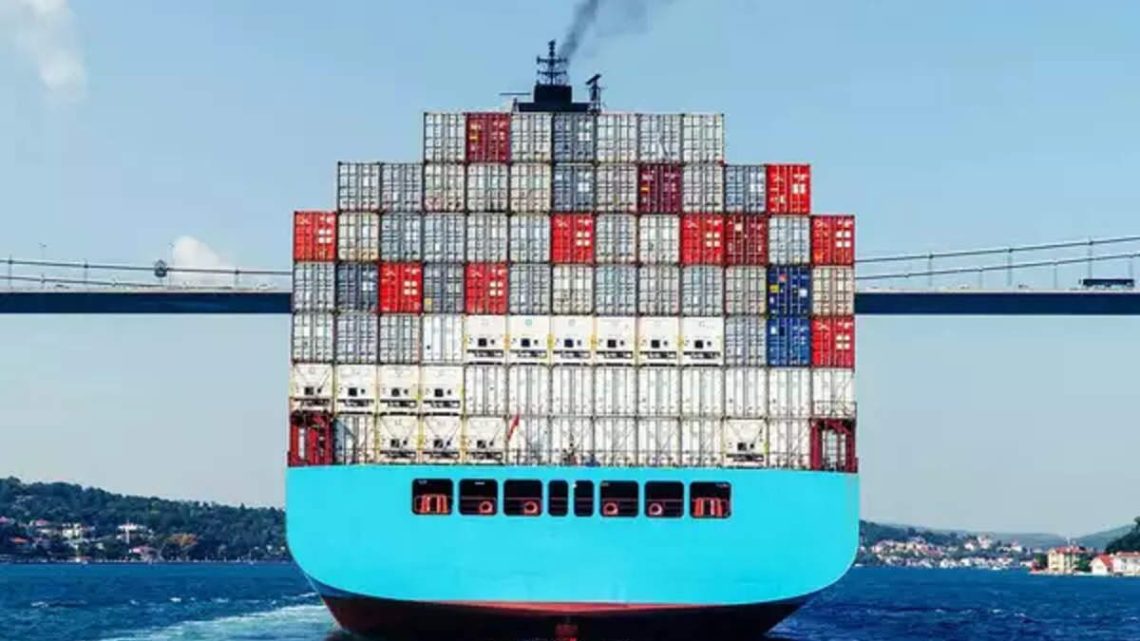
‘Insensate’ India Partners Israel in Palestinian Genocide
June 4, 2024India’s involvement in the Israel-Palestine conflict has escalated with its recent shipment of lethal ammunition and explosives to Israel, provoking widespread condemnation. This development comes at a time when Israel faces international scrutiny for its actions against Palestinians, with bodies like the International Court of Justice holding it accountable for civilian casualties.
India has recently dispatched 27 tons of precision munitions and controversial weapons, including dirty bombs, to Israel. These are expected to be used in the ongoing conflict, particularly in the Rafah area, where many Palestinians are currently displaced. The Indian cargo ship, Marianne Danica, registered in Denmark, has taken an unusual route to Ashdod, Israel, bypassing the Red Sea, which has raised further questions about the nature of this shipment.
Spain’s refusal to allow the ship to dock highlights the international community’s divided stance on this issue. The shipment has intensified the global debate over India’s role in the Israeli-Palestinian conflict, particularly given its strategic partnerships in the region. India’s involvement comes at a time when it is also engaged with Iran, a known adversary of Israel, in operating the strategic port of Chabahar. This dual engagement underscores the complex geopolitical dance India is performing in the Middle East.
India’s defense collaboration with Israel has grown significantly in recent years. Israel ranks among India’s top arms suppliers, with numerous Indian companies like Adani-Elbit Advanced Systems India Ltd. and Munitions India Ltd. actively exporting munitions to Israel. This relationship has faced mounting criticism as it seemingly positions India as a supporter of Israel’s military actions against Palestinians, further complicating the already fragile peace process in the region.
The controversy surrounding India’s arms export to Israel has sparked a wave of criticism from various quarters. Brigadier (retired) Rashid Walin Janjua, a prominent defense analyst, has openly condemned India’s actions. In a televised interview, he expressed his disapproval, labeling India’s decision to supply arms to Israel as a participation in the genocide of unarmed Palestinians. He emphasized the moral and ethical implications of India’s actions, pointing out the contrast between providing weapons to an aggressor and the dire need for humanitarian aid among displaced Palestinians.
Janjua’s remarks reflect a broader sentiment of disillusionment with India’s foreign policy choices. He highlighted the irony and moral failing of India’s actions, criticizing the country for prioritizing arms exports over humanitarian assistance. This critique brings to light the ethical dimensions of international arms trade and its impact on vulnerable populations.
To conclude, India’s recent shipment of arms to Israel amid the ongoing Palestinian crisis has stirred significant controversy. This move not only complicates India’s geopolitical positioning but also raises ethical questions about its role in the region. As the conflict continues, the global community watches closely, debating the implications of India’s actions on the broader peace process and regional stability.

